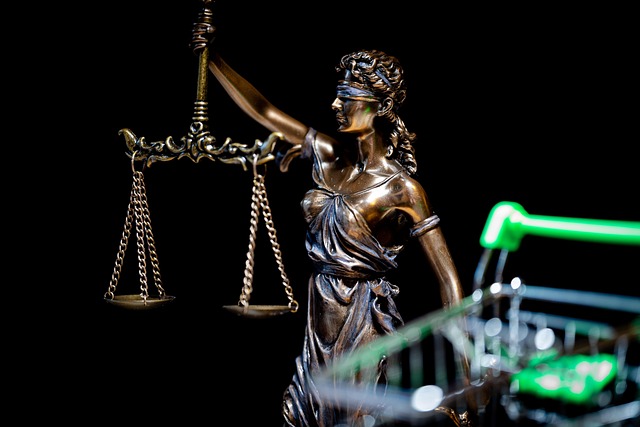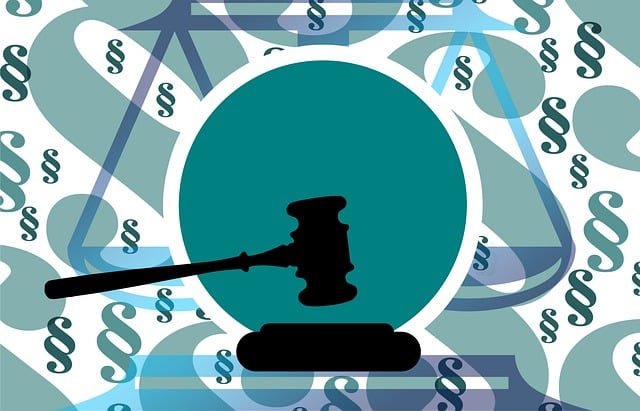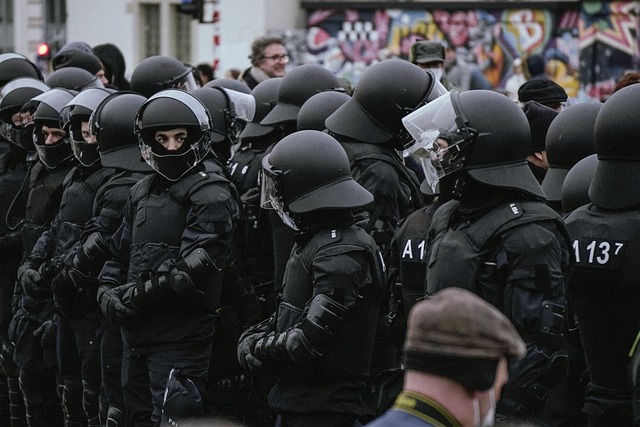Whistleblower protection laws are crucial for exposing corporate misconduct and ensuring transparency, offering legal recourse and anonymity to whistleblowers who report illegal activities. Success in whistleblower lawsuits hinges on due process in criminal law cases, which guarantees fair hearings through impartial investigations. By balancing justice with integrity protection, due process strengthens public trust, encouraging more individuals to expose wrongdoing without fear of retaliation. Skilled lawyers navigate complex legal strategies, emphasizing meticulous case preparation and knowledge of precedents to protect whistleblowers while upholding the public interest.
“Whistleblower protection lawsuits play a pivotal role in upholding justice and transparency. This article explores the intricate world of legal defenses and rights within these suits. We delve into the significance of understanding whistleblower protection laws, focusing on their crucial impact on due process considerations. By examining real-world cases, we uncover strategies to navigate the challenges, ensuring fairness. From interpreting due process in criminal law contexts to employing effective legal arguments, this guide offers insights for both practitioners and those seeking to protect their rights as whistleblowers.”
- Understanding Whistleblower Protection Laws and Their Importance
- Due Process Considerations in Whistleblower Cases
- Navigating Legal Challenges: Strategies for Success in Whistleblower Protection Lawsuits
Understanding Whistleblower Protection Laws and Their Importance

Whistleblower protection laws play a pivotal role in ensuring individuals who expose illegal activities within their respective businesses or organizations are safeguarded from retaliation. These legal frameworks, often integral to white collar defense strategies, provide a crucial mechanism for holding entities and individuals accountable while incentivizing ethical reporting. Understanding these protections is paramount, especially considering the significant impact they can have on both corporate governance and due process in criminal law cases.
The importance of whistleblower protection cannot be overstated, particularly in cases involving complex financial crimes. By offering anonymity and legal recourse, these laws encourage employees to come forward with information that may expose fraudulent schemes or corporate misconduct. This, in turn, facilitates a more transparent business environment and strengthens the integrity of the criminal justice system, ensuring that wrongdoers face consequences for their actions through fair and impartial jury trials.
Due Process Considerations in Whistleblower Cases

In whistleblower protection lawsuits, due process considerations are paramount, reflecting essential principles within criminal law cases. The right to a fair hearing is crucial, ensuring that individuals accused of whistleblowing receive a thorough and impartial investigation. This involves a balanced approach where the focus isn’t just on upholding the law but also on protecting the integrity of the accuser’s actions, especially when they expose misconduct in philanthropic or political communities. Achieving extraordinary results in such cases necessitates a meticulous adherence to due process, ensuring that all evidence is carefully evaluated and procedural safeguards are respected.
A key aspect of due process involves ensuring transparency and clarity in legal proceedings. Whistleblowers must be afforded the opportunity to present their case effectively, confronting allegations with robust defenses. The complete dismissal of all charges may result from a well-executed defense strategy that challenges the validity of evidence or exposes procedural irregularities. This not only upholds the principles of justice but also reinforces public trust in the legal system, further encouraging individuals to come forward and expose wrongdoings without fear of unjust repercussions.
Navigating Legal Challenges: Strategies for Success in Whistleblower Protection Lawsuits

Navigating Legal Challenges: Strategies for Success in Whistleblower Protection Lawsuits
Whistleblower protection lawsuits present unique legal challenges due to their sensitive nature and the often complex interplay between civil and criminal law. For his clients, success hinges on a comprehensive understanding of both federal and state laws governing whistleblower protections. A robust strategy must account for potential obstacles like avoiding indictment while ensuring due process in criminal law cases.
Effective representation involves meticulous case preparation, thorough documentation of all disclosures and retaliation, and a deep knowledge of relevant precedents. Attorneys should also be adept at navigating high-stakes cases, balancing the interests of the whistleblower with the broader public interest. By employing these strategies, legal teams can better protect whistleblowers and ensure their voices are heard without compromise.
Whistleblower protection lawsuits play a crucial role in upholding justice and ensuring accountability. By understanding and leveraging whistleblower protection laws, individuals can safely expose illegal activities without fear of retaliation. Navigating these cases requires a careful balance between protecting the whistleblower’s rights and ensuring due process, especially in criminal law contexts. Embracing strategic legal approaches can significantly enhance the chances of success for whistleblowers, ultimately fostering a culture of transparency and ethical conduct.






